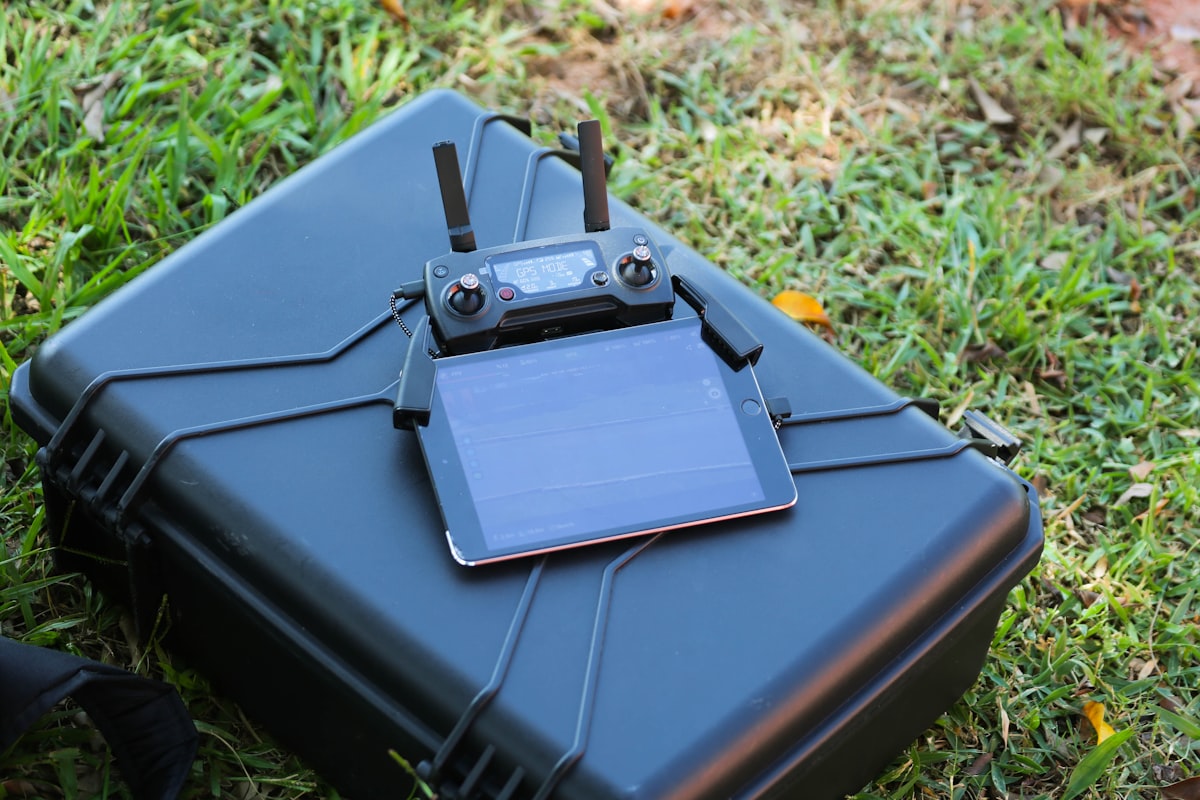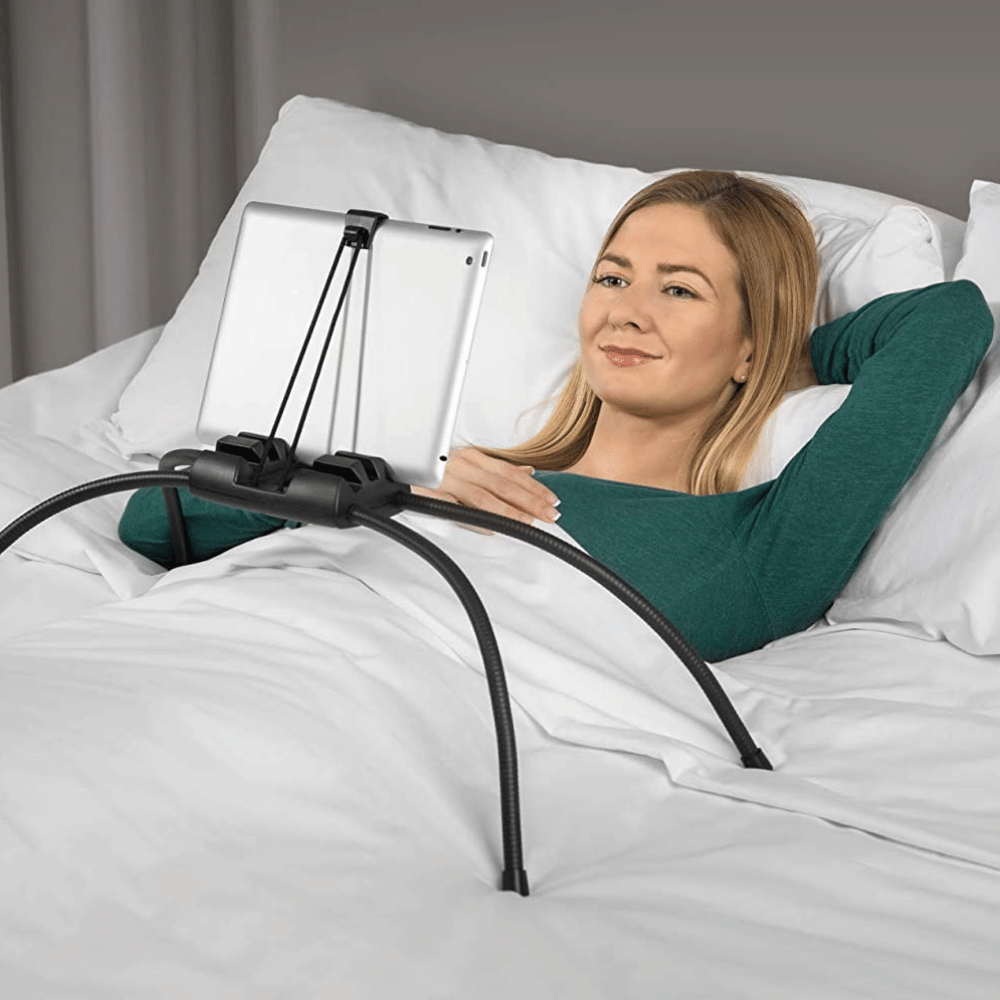If you're in the market for a tablet, you may be wondering whether to go big or small. While bigger tablets have advantages, smaller ones can offer some unique benefits. Here, we will discuss the pros and cons of using a small tablet versus a bigger one.
Portability
The biggest advantage of using a small tablet is its portability. At around 7-10 inches, most small tablets are lightweight and easy to carry around. This makes them ideal for people who need to take their devices with them wherever they go. It also makes it much easier to use your tablet while on the move – when you're standing up or sitting on the train, for example.
Durability
Smaller tablets are also much more durable than larger ones due to their compact size and lightweight. They can withstand drops, bumps, and other impacts much better than larger models, making them ideal for people who want something robust and reliable that won't break easily.
Price Point
Another big benefit of using a small tablet is that it can be much more cost-effective than buying an expensive larger model. Since these devices tend to be less powerful than their bigger counterparts, they also cost less money — meaning you don't have to sacrifice quality just because you're looking for an affordable option.
When choosing between a large and small tablet, there is no right or wrong answer — it all depends on what you plan to use your device for and how important portability is for your needs.
Ultimately, if you value portability over everything else, a smaller device might be your best bet; however, if you need more functionality or power, a larger model might be the way to go.
Whichever option you choose, make sure that it meets your specific needs so that you get the most out of your purchase. If you are interested in smaller tablets, click the link below to check out our recommended mini tablets to set you on your way!







